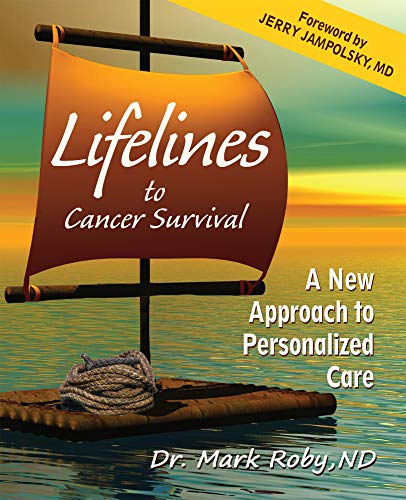Many experts have questioned why cancer patients do not ask for second opinions or take more of an interest in their illness. The answer to that question is very complicated, but I can say that I see a lot of complacency during my daily rounds and in my own practice. Why don’t patients search for more lifelines? Patients assume that their clinician is going to know everything there is about their malignancy. This is a very dangerous assumption!
Lets step back and look at some modalities that may help the average cancer patient.
There are a number of important research tools that many patients don’t know about, including molecular profiling and cancer biomarkers. Additionally, tumor grafts implanted in animal surrogates, along with immunotherapy, could be potentially lifesaving.
Biomarkers can refer to many different compounds in the body that indicate something about your health. There are biomarkers for heart disease, multiple sclerosis and other diseases. When people talk about cancer biomarkers, they’re usually referring to proteins, genes and other molecules that affect how cancer cells grow, multiply, die and respond to other compounds in the body.
The most promising use of biomarkers today is to identify which therapies a particular patient’s cancer may or may not respond to. Cancer biomarkers can include:
- proteins
- gene mutations
- gene rearrangements
- extra copies of genes
- missing genes
- and other molecules.
I am asking patients today to wake up and realize that we are in the 21st century. No longer do we have to be left in the dark. Ask for a molecular profile of your tumor. Ask for inflammatory markers to be drawn. Look for second and third opinions! Educate your clinicians to give you safer, more targeted therapies. Become your own Gamechanger!


